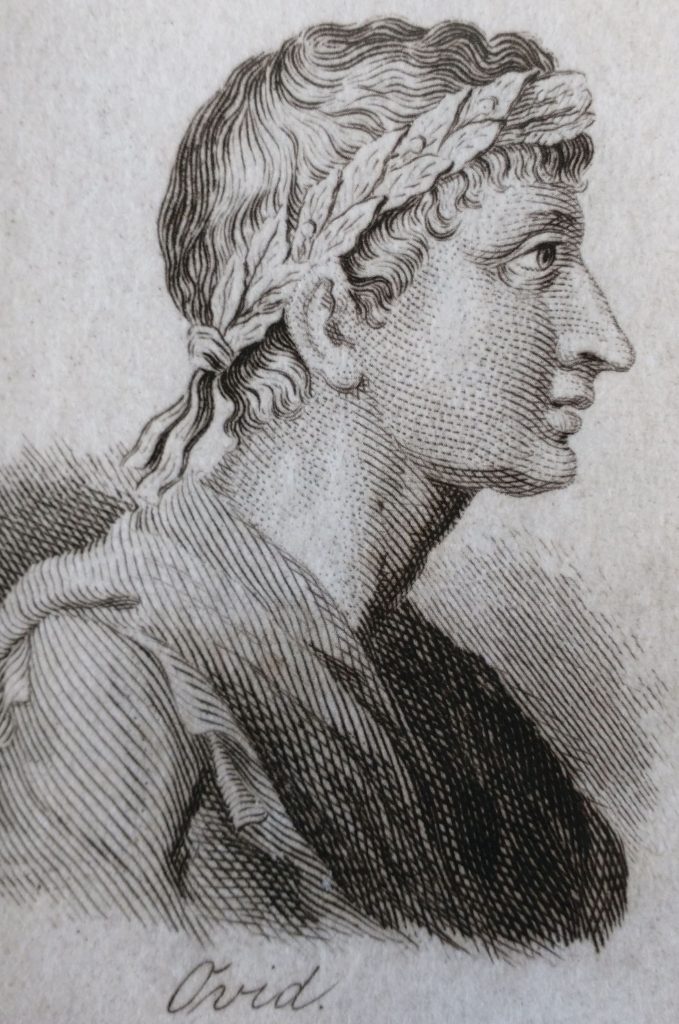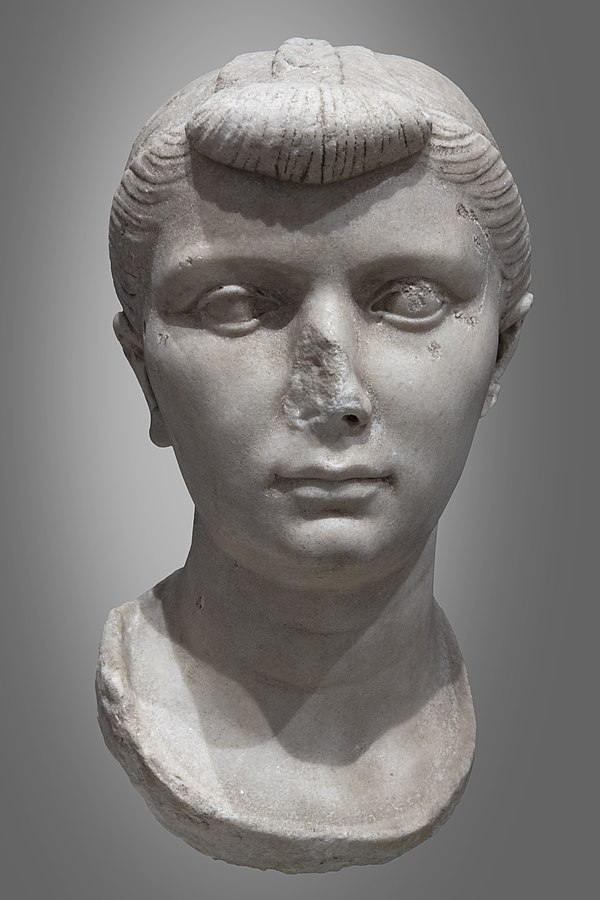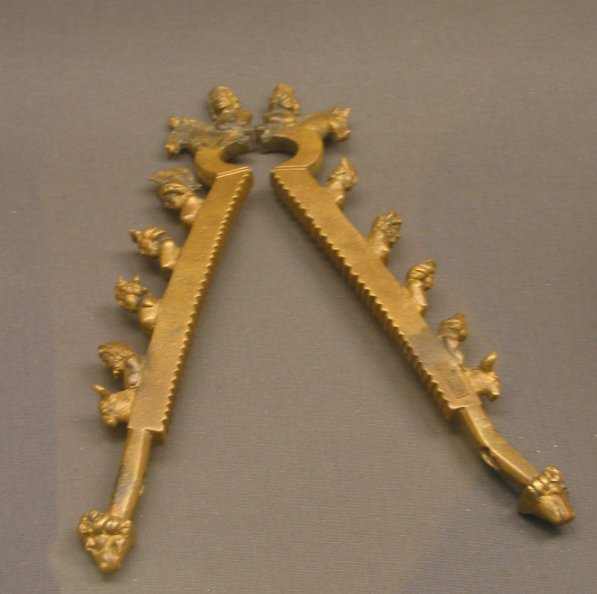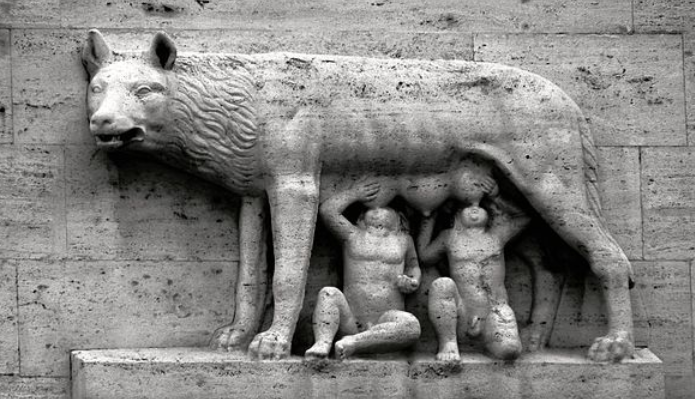
If you want to read Ovid’s almanac of the year, the ‘Fasti’, for yourself, this is the translation I am using. Fasti is very valuable because it tells the stories of the main religious and folk festivals of the Roman year. It also tells the story of the Gods and Goddesses behind the festivals,
Fasti is sadly unfinished because Pūblius Ovidius Nāsō was exiled by the Emperor Augustus. The last entry is for 30th June where Ovid writes: ‘put the last touches to my undertaking’. It suggests he knew he was finished, despite only being halfway through the year.
He was exiled to the Black Sea at Tomis where he died ten years later. It is not clear exactly why he was exiled. Ostensibly it was for the immorality of his book ‘The Art of Love’. But that was published almost a decade earlier. So, it seems a strange, delayed, cause for exile.
Was he involved with a plot against Augustus that saw the Emperor’s own daughter exiled? Her lover was Lullus Antonius, son of Mark Antony. Unlike Julia’s other lovers, he was forced to commit suicide.

But this also happened years before Ovid’s exile. Julia’s daughter, Julia the Younger, was herself exiled closer to the time of Ovid’s exile. Her husband, Lucius Aemilius Paullus, was executed for treason. So, might this be the context of his exile? No one knows. Ovid said the reason for his exile was a ‘poem and a mistake’. The nature of that mistake is not recorded, but he said the crime was worse than murder and more harmful than poetry.
Here is one of my favourite Ovid quotations. Here he recommends how the aspiring male should dress for a night out on the town:
Don’t torture your hair, though, with curling-iron: don’t pumice
Your legs into smoothness. Leave that
To Mother Cybele’s votaries, ululating in chorus
With their Phrygian modes. Real men
Shouldn’t primp their good looks …
… Keep pleasantly clean, take exercise, work up an outdoor
Tan; make quite sure that your toga fits
And doesn’t show spots; don’t lace your shoes too tightly,
Or ignore any rusty buckles, or slop
Around in too large a fitting. Don’t let some incompetent barber
Ruin you looks: both hair and beard demand
Expert attention. Keep your nails pared, and dirt-free;
Don’t let those long hairs sprout
In your nostrils, make sure your breath is never offensive.
Avoid the rank male stench
That wrinkles noses. Beyond this is for wanton women –
Or any half-man who wants to attract men.
Ovid, The Art of Love i
The translation is from Green, Peter (Trans) ‘Ovid The Erotic Poems’ Penguin Classics, London 1982‘
Mother Cybele’s votaries were castrati, hence their high-pitched voices. The Cybele, the Mother Goddess, fell in love with Attys, who made her jealous. She made him mad, whereupon he castrated himself and bled to death. The Goddess had him resurrected body and soul. They enjoyed divine bliss ever after. A Cybelian castration device, dredged out of the Thames, can be seen in the Roman Gallery of the British Museum.

The paragraph above is a quotation from In Their Own Words – A Literary Companion To The Origins Of London‘ D A Horizons, 2009. by Kevin Flude. To buy the Kindle or Paperback version click here.
To read my post on Ovid’s Metamorphosis-crocus-and-saffron/
First Published in 2024 and revised in 2025

